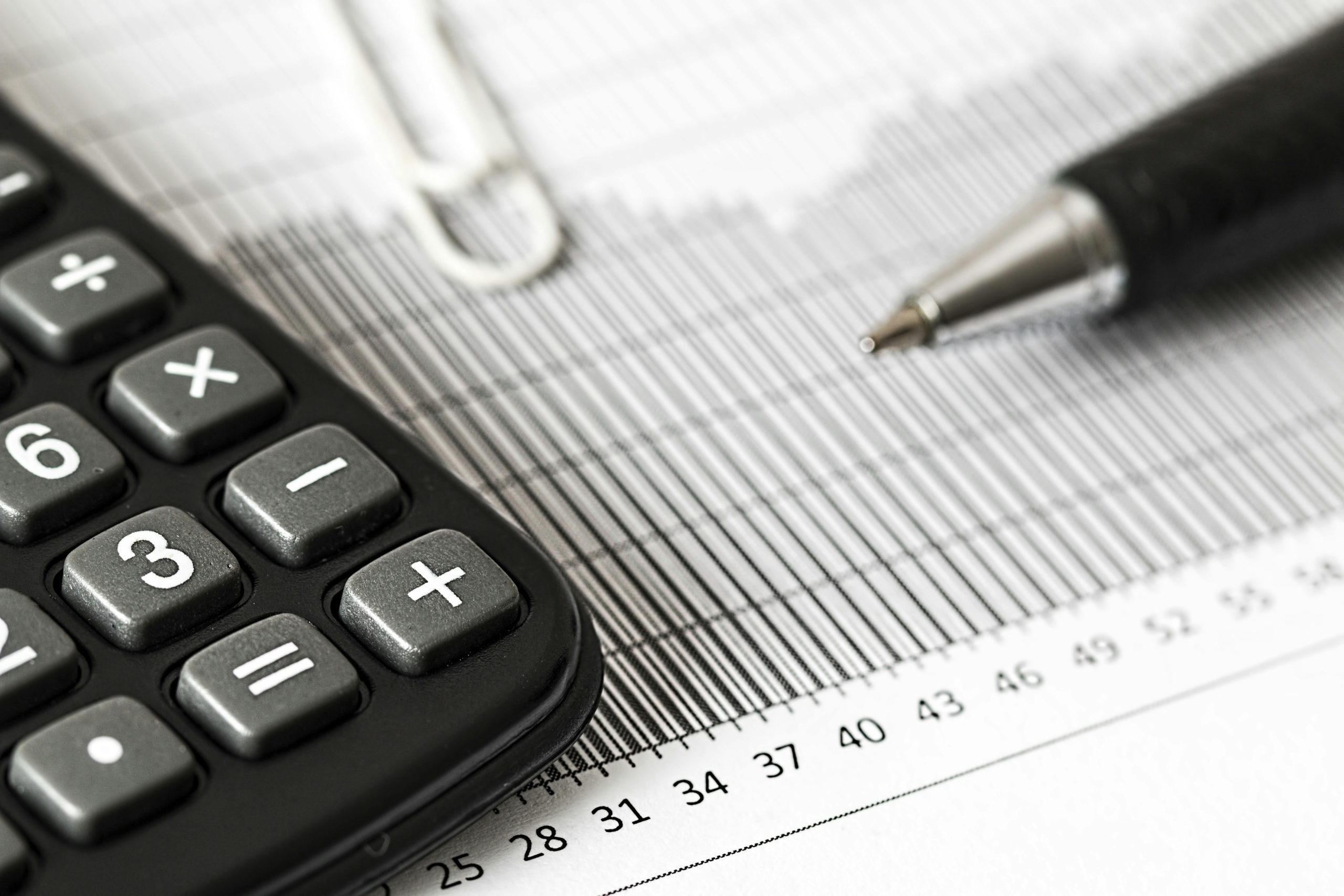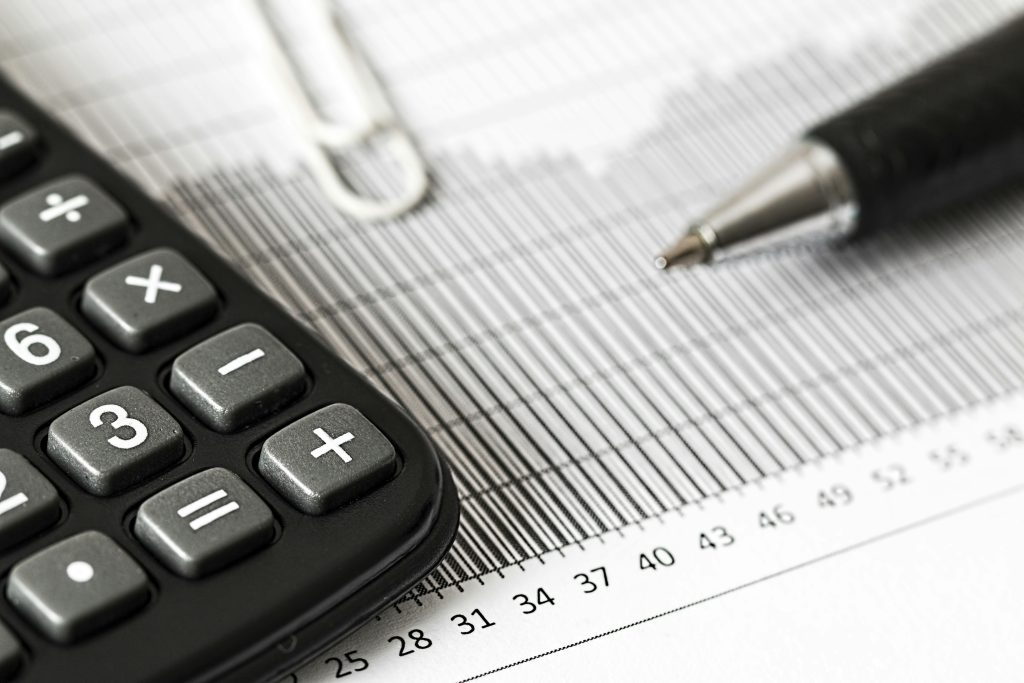
Navigating the Tax Season – A Comprehensive Guide to Income Tax Returns Software
The tax season is a stressful time for many individuals. Whether you are filing your taxes or have an accountant doing them, the process can be complicated and confusing.
The key is to prepare early and stay organized. It will help you avoid any penalties and make the process easier.

Find the Right Software
Whether you’re an experienced filer or switching to tax software this year, it pays to choose wisely. The better the product matches your financial situation and filing needs, the less headache you’ll likely endure come tax time. The best products in our rankings have user-friendly interfaces, detailed explanations of tax concepts, and automated processes where possible. Paid versions also offer unlimited support from a tax pro at no extra cost.
Many consumers qualify for free filing from IRS partners. The programs allow you to file a simple return including W-2 income, limited investment, interest income, standard deductions, and unemployment income. The programs are designed to ensure the correct information is entered and that the resulting return follows IRS guidelines. The companies check the accuracy of the returns before they are marketed to the public and provide documentation in case the IRS audits them.
Other factors to consider when selecting software are accessibility, cost, and the program’s capacity to optimize credits and deductions. Specific software asks you to answer questions in an interview-style format, just like a CPA might. Others rely on forms, which you fill out like filling out a paper return. Click here to find out more about income tax return software.
Get Organized
Whether you work with a professional or file independently, filing taxes requires a lot of paperwork. Staying organized throughout the year is the best way to make it through this process without stress. It will help you keep track of all the expenses you’ve incurred and receipts you need to file your return.
These simple tips will make tax season organization a breeze. Setting aside a space in your home or office to store all tax documents and receipts is a good idea. It could be a binder, folder, or even a drawer. It is essential to establish a place to put all tax-related items so they are easy to find come tax time.
While you wait for your W-2s, 1099s, and other income documents to arrive in the mail, start by setting up a file or an accordion folder for each year of documents you receive. If you itemize your deductions, you should have separate folders for each type of expense you file for (like travel, office supplies, and clothing).
If you need help with organizing all your documents and receipts, there are online tools that can help you streamline the process. Some apps allow you to categorize expenses and generate reports based on each expense type, saving time when preparing your return.
Schedule an Appointment with a Tax Pro
If you have a complex return, navigating even the best tax software may take time and effort. A professional can help you understand the rules and find deductions you need to learn about. And if you had a significant life event this year, like starting or selling a business, buying or selling a home, or getting married, a tax pro can alert you to the rules and help you file correctly.
Generally, tax professionals cost more than using online filing software. But they can also save you money by recommending certain deductions. Plus, they’re available by phone or email and can review your returns when you have questions.
When choosing a preparer, look for credentials. Whether it’s a CPA, attorney, or EA, these professionals are held to a higher standard of knowledge and experience. They must also carry a preparer identification number (PTIN) from the IRS to be eligible to file taxes.
Whether working with an accountant or doing it yourself, ensure all your receipts and documentation are in order. An excellent place to start is an income statement listing all your revenue sources, including any investment or secondary income. Also, include any small-business expenses, such as materials or utilities, that can be deducted. If these expenses are buried under a pile of shoe boxes, consider hiring a professional to help you sort through them.
Prepare Your Return
If you do your taxes yourself, the first thing you’ll need to have on hand is a list of all the deductions and credits you can claim. This list should include personal and business expenses and information on any other sources of income that you might have received (jury duty pay, gambling winnings, medical savings accounts, etc.).
You’ll also need to know whether you want to take the standard deduction or itemize your return. Ensure you have the Social Security and tax ID numbers of yourself, your spouse, and your dependents. It includes any children who will be claimed as dependents and any elderly parents or other relatives for whom you’ll be filing on behalf. You’ll need the routing and account numbers for direct deposit of refunds or tax payments.
If you need to be more comfortable using tax software or have a more complex tax situation, consider hiring a CPA or visiting a professional tax preparer to help file your return. A good tax professional can offer more personalized advice and a more excellent range of deductions and credits that may be available to you than what you’ll find on free software or the IRS website. A professional can help you avoid mistakes that delay tax refunds or payments.










